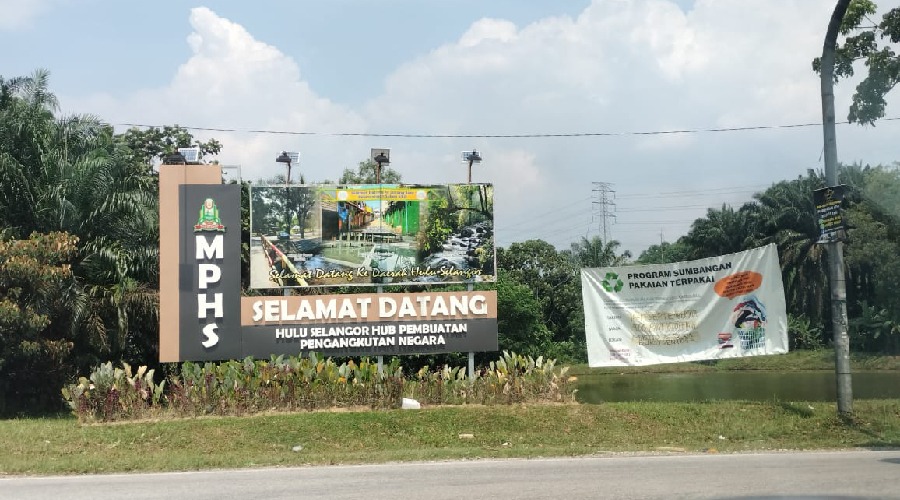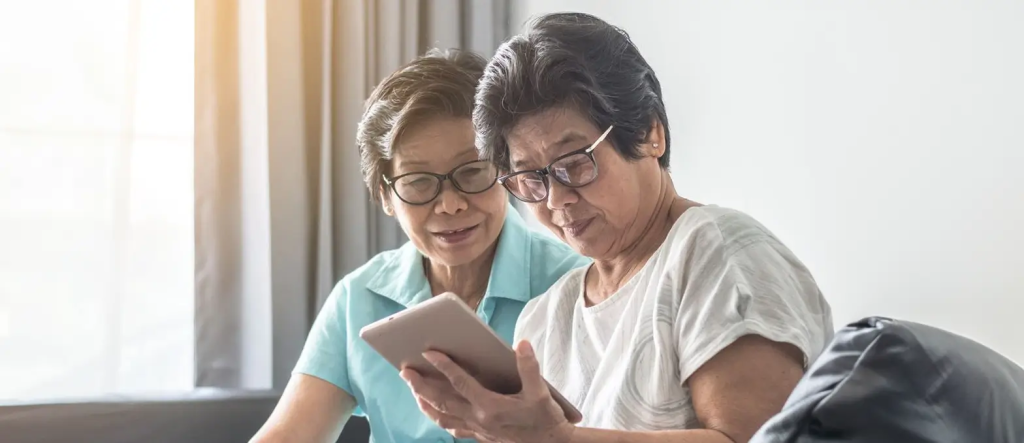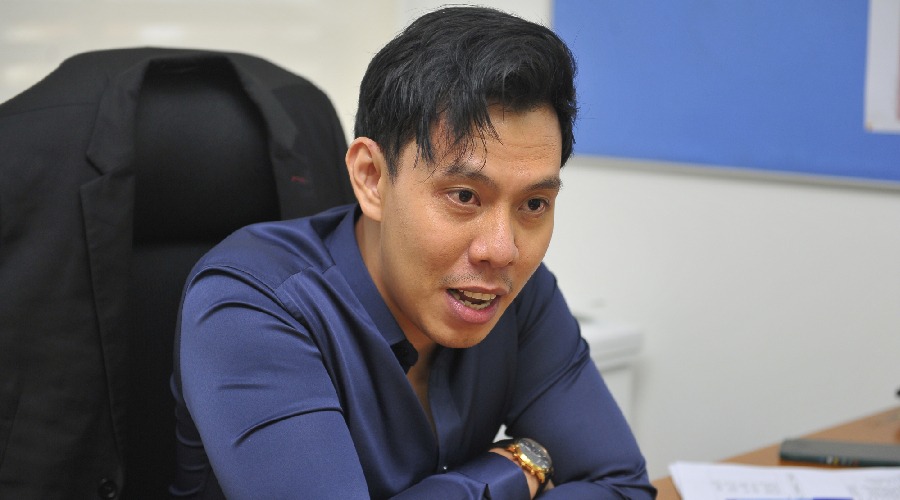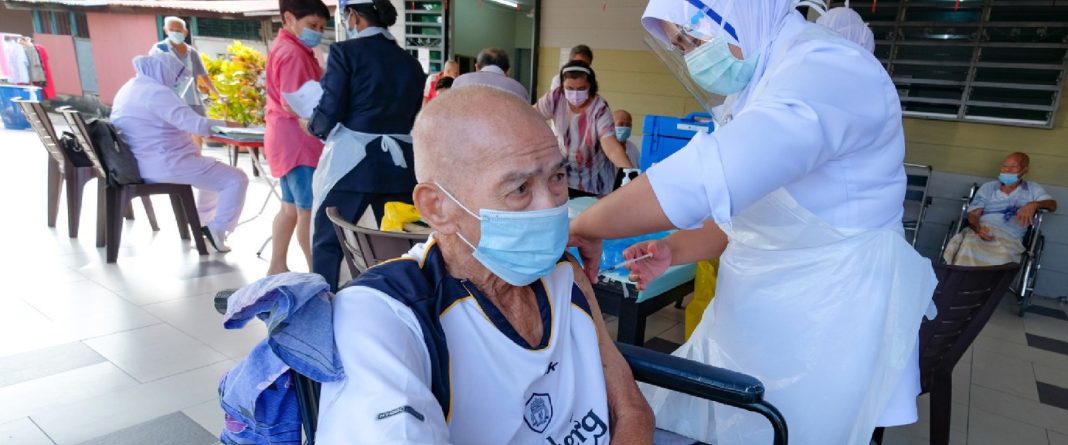The introduction of the Senior Citizens Health Benefit (SCHB) program in Sarawak was met with high expectations. Announced by Premier, Datuk Patinggi Tan Sri (Dr) Abang Haji Abdul Rahman Zohari bin Tun Datuk Abang Haji Openg during the Sarawak Women’s Day celebration, the program promised to provide much-needed financial assistance for RM500 per year’s worth of outpatient treatment to senior citizens with a monthly household income of RM7,000 or below. With an allocated budget of RM50 million for 2024, the SCHB initiative was hailed as a significant step forward in enhancing the welfare of the elderly in Sarawak.

However, despite its noble intentions, the program has faced criticism for its implementation and accessibility issues, which may hinder its effectiveness in reaching those who need it most.
Criticisms of the System
Inefficient Application Process
While the government has made efforts to streamline the process through online applications, many senior citizens and their caretakers have found the system to be overly convoluted. The requirement for applicants to submit a copy of their identity card and a verified income verification form has been a significant hurdle for some, particularly those living in rural areas with limited access to the internet or support services. The process of obtaining the necessary verifications from community leaders or Grade A officers adds another layer of bureaucracy, which can be daunting for the elderly.

Slow Processing Times
Despite the government’s assurances that the application process would take a minimum of 30 days, many applicants have reported waiting much longer for approval. This delay is particularly concerning given the urgent healthcare needs of the elderly population. The issue is especially for applicants who had waited the long period only to be notified they did not qualify for the program due to the lack of a proper filtering system during the application process.
Critics argue that the program’s inefficiencies could be mitigated by leveraging existing databases, such as the Kenyalang Gold Card (KGC) program, which already contains detailed information on Sarawak’s senior citizens. By automatically certifying eligible individuals based on their KGC status, the government could eliminate the need for a separate application process, thereby speeding up the delivery of benefits.

Limited Scope of the Program
While the initiative covers a range of outpatient services, it does not include follow-up treatment for chronic conditions such as high blood pressure and diabetes, which are prevalent among the elderly. The exclusion of health screenings that require laboratory testing and the lack of support for telemedicine services further restrict the program’s effectiveness. For many senior citizens, these limitations mean that they still have to bear significant out-of-pocket expenses for essential healthcare services, undermining the program’s goal of providing affordable healthcare.
The SCHB program’s reliance on a network of private clinics and hospitals has also raised concerns. While the government has appointed 187 clinics and 13 specialist hospitals as panel providers, the distribution of these facilities is uneven, with a concentration in urban centres like Kuching, Sibu, Bintulu, and Miri. This disparity means that elderly residents in rural areas may have to travel long distances to access the services covered by the SCHB program, which is both costly and physically challenging for many.
Additionally, there have been reports of dissatisfaction with the program among those who have attempted to access its benefits. Some senior citizens have shared their frustrations with the application process, citing experiences of confusion, delays, and a lack of clear communication from the relevant authorities. Others have expressed concerns about the adequacy of the RM500 annual limit, arguing that it is insufficient to cover the rising costs of healthcare, especially for those with multiple health issues.
There is also skepticism about the program’s efficacy, particularly among those who have had negative experiences with previous government initiatives. Some senior citizens are reluctant to apply for SCHB, fearing that they will face the same bureaucratic hurdles that plagued other social welfare programs. This mistrust could undermine the program’s potential to alleviate healthcare costs for the elderly.
Recommendations for Improvement
In light of these criticisms, there are calls for the Sarawak government to review and refine the SCHB program.To enhance the program’s effectiveness, it is crucial to streamline the application process and consider automating eligibility certification using existing databases like the KGC program.
Additionally, expanding the range of covered services to include chronic disease management and health screenings, and increasing the annual financial limit would make the program more beneficial to the elderly.
There is also a need for better communication and support for senior citizens, particularly in rural areas, to ensure that they can fully benefit from the program. Addressing these issues could improve trust in the program and ensure that it reaches and supports the senior citizens who need it most.
In conclusion, while the Senior Citizens Health Benefit (SCHB) program represents a commendable effort by the Sarawak government to address the healthcare needs of its elderly population, its implementation has been marred by several challenges. The program’s complexities, limitations, and inefficiencies have prevented it from fully achieving its objectives. For the SCHB initiative to succeed, it is essential that the government takes a proactive approach to addressing these issues, ensuring that the program truly serves the needs of Sarawak’s senior citizens.
References
- “Service Sarawak — SCHB”
- “Sarawak seeks to register 100,000 people for the Senior Citizen Health Benefit initiative this year”
- “Expanded healthcare for senior citizens”
- “Apply online for Senior Citizen Health Benefit”
- “Senior Citizen Health Benefit programme to help 100,000 Sarawakians this year “
- “Does financial support improve the well-being of the elderly?”
- “Is Malaysia Ready To Meet Needs Of Ageing Population?”






